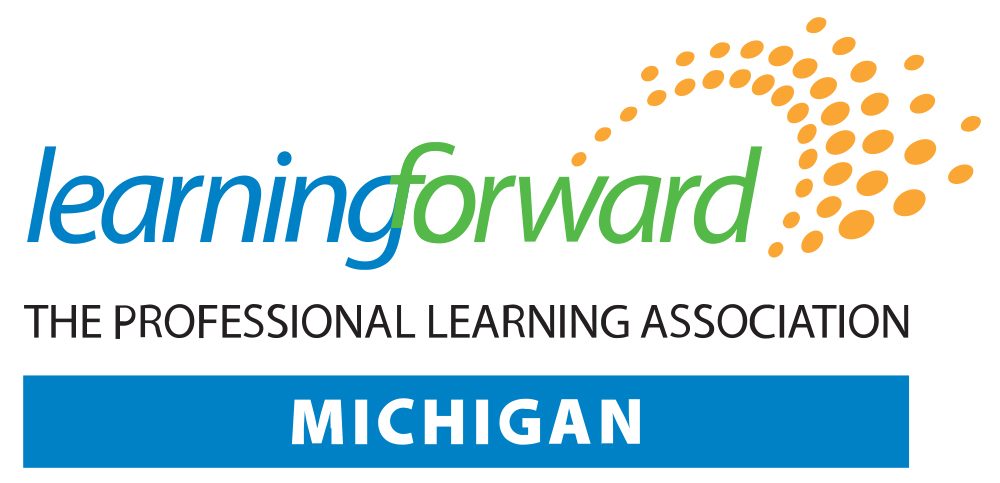Reflecting on the Standards for Professional Learning With One District Initiative In Mind
As the school year comes to a close, those of us responsible for evaluating program effectiveness are living between thoughtful reflection and forward planning. Alongside central staff and my coaching & curriculum colleagues here in the Waterford School District, we have been working collaboratively to ensure goals were met, professional opportunities measured, and momentum keeps rolling into next school year, especially as it relates to our “Waterford Reads” elementary Guided Reading initiative. This district initiative was conceived out of the need to tighten up and better differentiate reading instruction within the reading workshop block as to hold all students accountable to more rigorous reading behaviors. These behaviors are designed to be gradually released to them through a scale of help, ensuring that reading independence and “making meaning” is always top priority.
https://www.waterford.k12.mi.us/pages/53381/waterford-reads
I decided to use the Standards for Professional Learning as an additional lens through which to look — both as a facilitator of professional learning and as an advocate for the standards, working to further the vision and mission of Learning Forward and our Michigan affiliate.
https://lfstage.xyz/who-we-are/purpose-beliefs-priorities#.V0-3SPkrJBU
I am also especially mindful of the relationship between professional learning and student results, as evidenced in the four-part fluid and flexible cycle on page three through the link below. https://lfstage.xyz/docs/default-source/jsd-february-2016/discover-the-possibilities-feb16.pdf
This blog entry serves as reflective notes on a collective journey, meant to capture just a glimpse of all that went into planning, preparing for, and executing the beginning stages of a multi-grade level professional learning plan with an eye on the 3rd Grade Reading guarantee. Under each standard I chose to highlight the actions taken that best reflect the heart of that standard was met.
Standard 1: Learning Communities
Professional learning that increases educator effectiveness and results for all students occurs within learning communities committed to continuous improvement, collective responsibility, and goal alignment.
- Learning communities consisted of grade level PLC teams within buildings and across buildings, district-wide professional learning sessions, and clustered buildings for day-long learning labs.
- Ongoing professional learning was supported through district-wide professional development days, building-level professional learning, grade level teams, building level sharing, cross-district learning labs, and personal/collaborative reflective learning opportunities.
- Collective responsibility is evident through regular planning and dialogue with central office staff and administration, building level literacy leaders, learning coaches and our curriculum consultant, and of course by teacher & student accountability to reading goals and progress.
- A clear and common focus was made possible through the layering and analysis of multiple data points which helped to shape a district frame of expectations for the Guided Reading initiative.
Standard 2: Leadership
Professional learning that increases educator effectiveness and results for all students requires skillful leaders who develop capacity, advocate, and create support systems for professional learning.
- Skillful leaders, identified as trained coaches, facilitated professional learning, working alongside curriculum and literacy leaders in each elementary building.
- These leaders worked to develop capacity with all educators via professional learning sessions, learning labs, the recruitment and preparation of hosts for the labs, aligning interventionists as a PLC team to collaboratively plan for and lead professional learning within their buildings, and systematizing ongoing professional reflection, self & peer observation, and collaborative dialogue through a menu of opportunities designed to honor teacher readiness.
- As facilitators of professional learning, through research and a system of networked colleagues, we continue to advocate that the best way to learn is together in a job-embedded, reflective setting. Here, we can set personal practice alongside a common focus and use dialogue to elevate awareness, deepen our understanding and increase our impact.
Standard 3: Resources
Professional learning that increases educator effectiveness and results for all students requires prioritizing, monitoring, and coordinating resources for educator learning.
- This initiative was introduced and committed to as the single most important priority for our elementary educators and presumably the district as a whole. It incited an “all hands on deck” call to action shifting necessary human and capital resources toward affording every administrator, classroom teacher, interventionist and student support personnel the professional learning and lab opportunities they need to grow.
Standard 4: Data
Professional learning that increases educator effectiveness and results for all students uses a variety of sources and types of student, educator, and system data to plan, assess, and evaluate professional learning.
- Variety of sources for student data- NWEA, DRA, running records, teacher anecdotal records and formative assessment measures, student data-tracking, goal-setting and reflection.
- Variety of sources for educator data- Self-reflection, lab reflections, end of year surveys, and peer-to-peer feedback analysis guides.
- Variety of sources of system data- PD session exit data and end of year school improvement visits and surveys to further plan for, assess and evaluate teacher needs related to professional learning.
Standard 5: Learning Designs
Professional learning that increases educator effectiveness and results for all students integrates theories, research, and models of human learning to achieve its intended outcomes.
- One theory of action- If we re-familiarize and train teachers in the Guided Reading instructional model while providing job-embedded professional learning with ongoing support, then teachers will be more skillful and strategic when using data to inform their reading instruction/groupings of students as well as better utilize their time with students for reading instruction and students in turn will get just what they need to grow as readers.
- Research- Units of Study and Standards from Lucy Calkins and the TCRWP/Columbia University, Carol Dweck- Mindset (Growth Mindset norms for learning), Doug Fisher/Nancy Frey- The Gradual Release Instructional Model (tailored scaffolds for prompting reading fluency and comprehension), Fountas & Pinnell- Guided Reading: The Romance and Reality, Burkins & Yaris- Preventing Misguided Reading, Moss & Brookhart- The Learning Target Theory of Action.
- Models of human learning- Job-embedded, reflective and collaborative; Administrator at the table, learning alongside teachers (Viviane Robinson- Student-Centered Leadership); Targeted focus for learning and feedback: Teacher Language & Student Behaviors; Ongoing support- variety of levels and capacities; Feedback Analysis Guide (Brookhart)- Feedback involving self and peer-reflection that is clear/precise/limited in focus and forward-thinking; Choice in PD sessions “Pick 3 PD”.
- Focus questions to pursue (Heather Wall- When Guided Reading Isn’t Working: Strategies for Effective Instruction, Journal of Language & Literacy Education): What are students doing with what they know? Who is doing the majority of the reading work? Are students actively problem-solving text?
Standard 6: Implementation
Professional learning that increases educator effectiveness and results for all students applies research on change and sustains support for implementation of professional learning for long-term change.
- This I believe is our “waiting to exhale” Standard. There is room to grow here in researching, understanding and accounting for “change”, as well as measuring and reporting on this initiative’s impact on teacher practice and student performance. What we know is that change takes regular, consistent effort and that it does not occur overnight. What we have committed to is ongoing professional learning and support, planned out through the 2016-2017 school year and beyond.
Standard 7: Outcomes
Professional learning that increases educator effectiveness and results for all students aligns its outcomes with educator performance and student curriculum standards.
- We are currently working to create Strategy Implementation Guides to assist educators in measuring progress with School Improvement Goals around Guided Reading instruction. The Guided Reading initiative work is centered around the Common Core Standards in accuracy, fluency and comprehension, present at all levels K-5. Teachers and administrators have had and will continue to have opportunities to reflect on their implementation of our “Waterford Reads” Core Reading Instruction Expectations. Professional Learning sessions will continue to be tailored to identified needs of teachers and students in order for them to be successful.
This reflection has helped me to calibrate our work to the Standards for Professional Learning, although admittedly it was not explicitly at the forefront of our minds when planning and executing this initiative. I am quite confident that our efforts in Waterford echo the definition for professional learning offered on Learning Forward’s website as “sustained, intensive, collaborative, job-embedded, data-driven, and classroom-focused”. While the work was fast and furious, spanning just December 2015 to present day, there is much to already be proud of. We anxiously anticipate opportunities to celebrate with our leaders of learning and our students as gains are made, self-efficacy increases, and the trust built through collaborative efforts strengthens our resolve.
Closing with a quote from Peter Senge, The Fifth Discipline: The Art & Practice of the Learning Organization, “The organizations that will truly excel in the future will be the organizations that discover how to tap people’s commitment and capacity to learn at all levels in an organization.” I believe we are on our way.
Heather Nuckolls
Learning Forward Board Member
Learning Coach, Waterford School District

Our Vision
Equity and excellence in teaching and learning.
Our Mission
Learning Forward Michigan builds the capacity of leaders to establish and sustain highly effective professional learning.
Standards and Impact
Supports the implementation of standards and examines evidence to strengthen and document the impact of professional learning.
Leadership and Practice
Builds the capacity of its members, clients, partners, and staff to establish and sustain effective professional learning.
Advocacy and Policy
Advocates for policies and practices that strengthen the field of professional learning.

